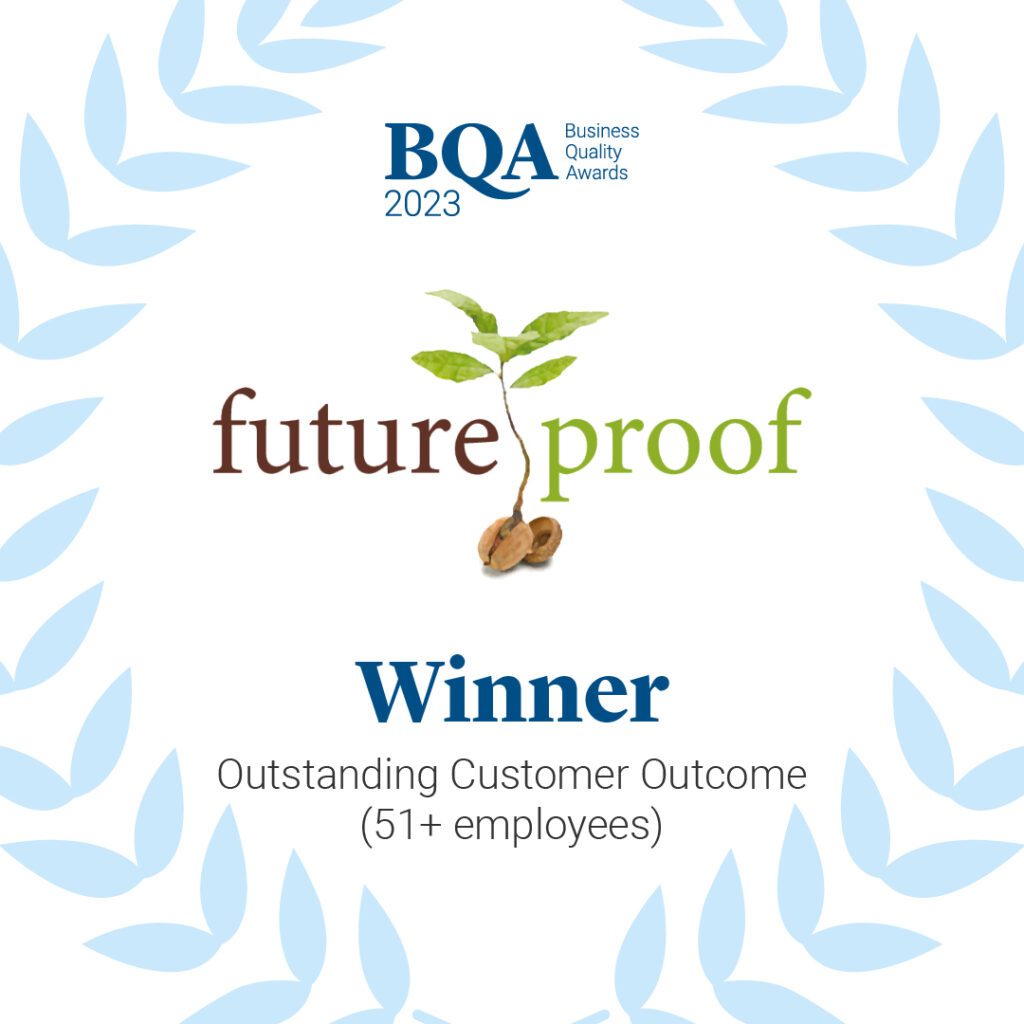Income Protection Insurance
If you suddenly found yourself unable to work, through injury or a long-term illness, have you considered how you would be able to manage financially?
Income protection insurance is designed to support people going through these situations and reduce the financial pressure suffered through a loss of earnings.
If you’re concerned about unforeseen circumstances that might affect your ability to work, our income protection guide will provide you with useful information and help you understand the options available.
What is income protection insurance?
If you are unable to work through injury or illness, income protection insurance can help replace lost income and provide you with financial support.
Having income protection insurance means you can benefit from regular tax-free payments. These payments will continue to pay out until you are able to return to work or until you retire.
There are also shorter-term policies available, that pay out for a maximum of one or two years that come at a lower cost.
Unlike most life insurance and critical illness insurance products, income protection is designed to provide a regular income rather than a lump sum payout.
Whilst income protection doesn’t cover redundancy, if you were to suffer a loss of earnings through an accident or illness, income protection offers financial support so you can cover your monthly living expenses such as mortgage payments, household bills, and credit card payments while you recover.
The levels and bases of taxation and reliefs from taxation can change at any time and is dependent on individual circumstances.
Is it worth getting income protection?
It can be worth getting income protection if you want to maintain a level of income if are unable to work due to health reasons. It can help protect you and your family against significant financial hardship if you do not have other income or savings to support you.
Here are four questions to consider:
- Do you have substantial personal savings?
- Do you have someone you can rely on full-time and possibly be your carer if you were too ill to work?
- Do you have any other forms of income that could cover your basic living costs?
- Can you guarantee that you will never be unable to work through sickness or injury?
If you have answered no to any of these questions, an income protection policy may be worth consideration.
If you want to know if it is worth getting income protection, a useful exercise is to calculate what your total monthly expenses are.
If you were to suddenly lose most of your monthly income for an extended period, what impact would that have on your finances? How well would you be able to cope? How quickly would debt add up?
For many people, this scenario would be challenging. Getting income protection is a way to enjoy peace of mind and reduce stress.
If you are concerned about what might happen if you were unable to work for some reason, why not speak to our award-winning team?









